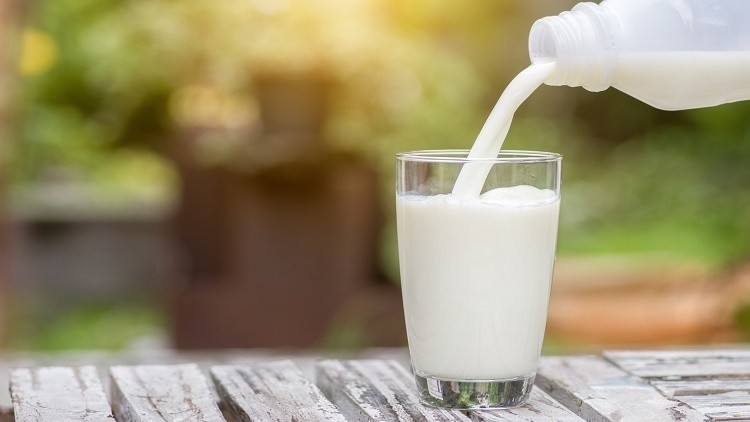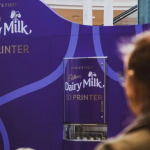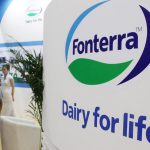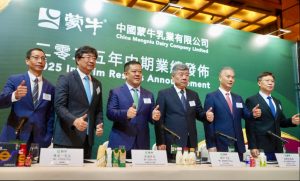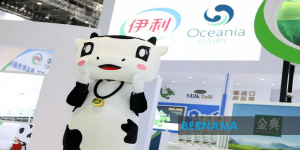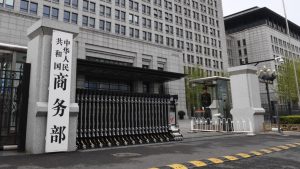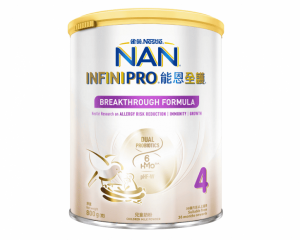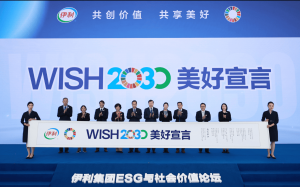
Chinese dairy giants Yili and Mengniu are adding new manufacturing sites to pump up production volume of liquid milk products in a bid to hit the RMB$100bn (US$14.5bn) revenue goal.
Mengniu announced that it is building a new factory in Jiaozuo, a prefecture-level city in northern Henan province.
The factory will be the largest processing site of Mengniu’s dairy products. It is expected to process 1000 tonnes of fresh milk daily, provide direct employment for 1,500 people, and indirectly benefit 20,000 dairy farmers.
Omni-channel presence: Nestlé China taps on Alibaba Ling Shou Tong model to reach more mum-and-pop stores
Nestlé China is building its presence in the traditional mum-and-pop stores by cooperating with Alibaba’s Ling Shou Tong (LST).
LST helps connect FMCG brands with traditional mum-and-pop stores, which were previously connected via multiple layers of sub-distributors.
Nestlé recently organised a Super Brand Day with LST, where all products from its subsidiaries, including Yinlu and Totole are available for sale on LST. New products from these brands were also launched on the platform.
Two goals, 10 action plans: China Communist Party and state council outline first joint food safety plans
China has outlined a set of food safety proposals to achieve two main goals: to ensure that 98% of all products fulfil spot-check requirements by 2020, and that the nation’s food safety standards will be regarded as the world’s best by 2035.
This is the first time a food safety proposal has been released by both the central committee of the Communist Party and the state council.
By next year, more than 97% of China’s agricultural products should pass food safety inspection, while more than 98% of its food products should fulfil spot-check requirements, officials said.
Justify the price: Nongfu Spring reveals tips for manufacturers when selling plant-based yogurt in China
Manufacturers will need to explain why plant-based yogurt are priced higher than animal-based yogurt when selling in China due to a lack of consumers’ understanding, according to insights from Nongfu Spring.
The Chinese mineral water giant starting to sell its first ever plant-based yogurt last month, after spending three years experimenting over 1,000 different formulations.
Made from non-GMO soy beans, the yogurt comes in three flavours – almond, coconut, and walnut.
Industry big names General Mills, Coca-Cola, Danone seek to work with start-ups to meet Chinese market demands
A consortium of industry big names, including General Mills, Coca-Cola, and Danone, has joined the China Food Tech Hub – a project aimed at partnering outstanding start-ups with major industry players to meet the ever-changing consumer demands in China.
Organised by Chinese food tech venture capitalist Bits x Bites, China Food Tech Hub is backed by seven other key industry players at present, namely Givaudan, Griffith Foods, Louis Dreyfus Company, Novozymes, Nutreco, PepsiCo Greater China, and Puratos.
Officially launched in Shanghai last week, the China Food Tech Hub will service as a neutral platform for these companies to cooperate with start-ups and each other in tackling business challenges and creating growth opportunities.
